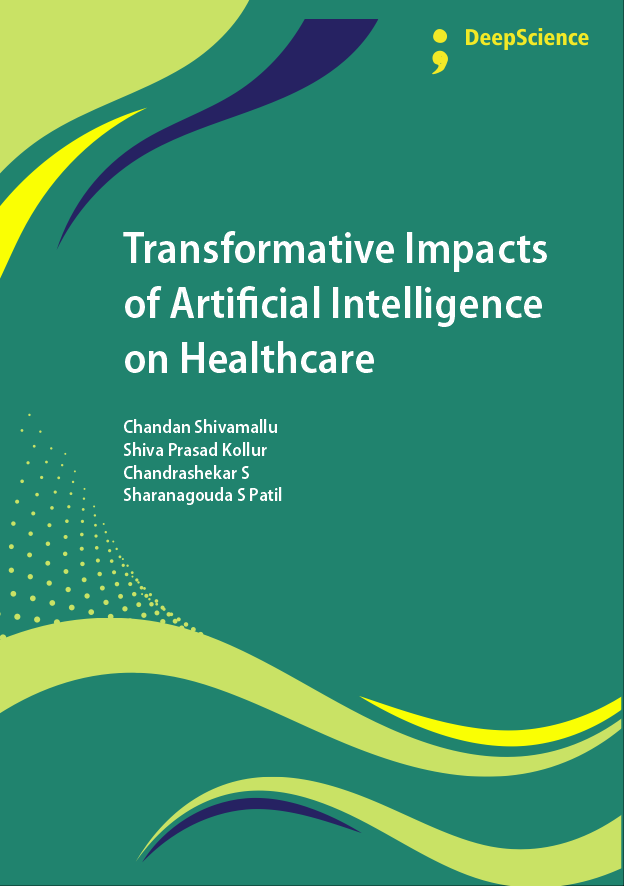Artificial Intelligence in Biomedical Research and Development: Accelerating Discovery and Innovation
Synopsis
AI is changing how microbiologists do research and how drugs are developed with faster drug discovery, better vaccine designs and better ways to manage antibiotic resistance. AI also enables researchers to rapidly analyze massive amounts of data relating to genes and chemicals to help identify new compounds or molecules, to reuse existing drugs, and to predict the mechanisms that cause bacteria to develop resistance to antibiotics. In addition to these functions, AI helps researchers identify the best epitopes on an antigen for vaccine development as well as formulate vaccines that will elicit the strongest immune response. AI can also improve the efficiency of clinical trials by helping researchers find patients who fit into clinical studies, monitor the safety of those patients, and determine when to stop clinical studies early if there are concerns about patient safety. Further, AI can assist in identifying pathogens from genomic sequencing as well as annotating genes related to the function of those pathogens, which can aid in developing targeted therapies that take advantage of the unique characteristics of each individual's microbiome. Finally, AI-driven automation in the manufacturing process of pharmaceuticals has the ability to ensure quality control through real-time monitoring and predictive maintenance of equipment and processes to produce pharmaceutical products in a more timely manner. Overall, AI is changing the way researchers in microbiology and pharmacology conduct research and develop new pharmaceutical products. The use of AI is enabling researchers to move away from a traditional trial-and-error approach and toward a data-driven, predictive approach to conducting research. This transition toward using predictive models and analytical tools has resulted in reduced time-to-market and reduced costs associated with developing new drugs and vaccines. Furthermore, the use of AI has improved the safety and efficacy of clinical trials and research. Ultimately, the integration of AI into the scientific community is creating a revolution in personalized healthcare, providing researchers with innovative solutions to meet pressing global health challenges such as the emergence of new infectious diseases and multidrug-resistant pathogens.














